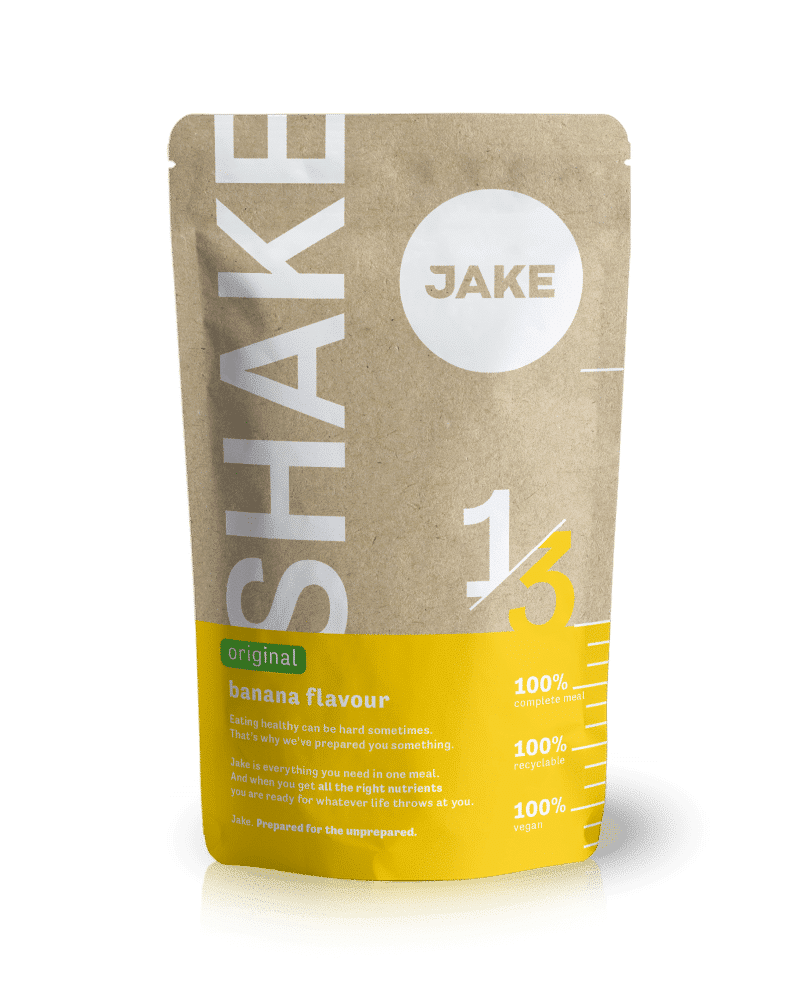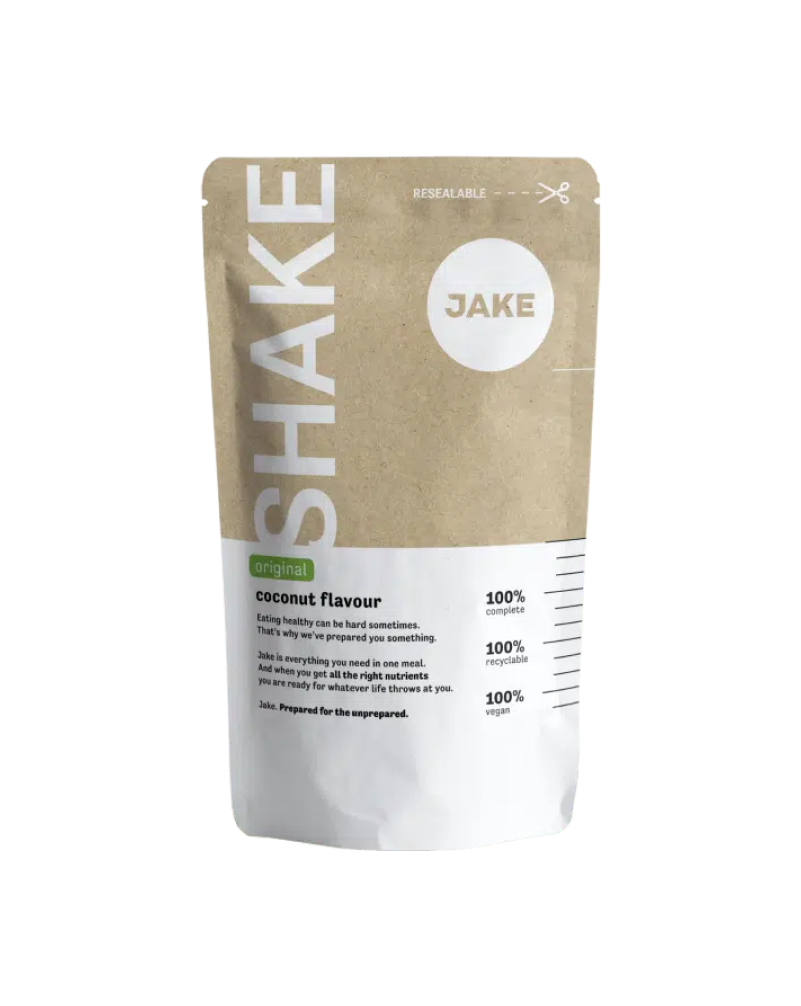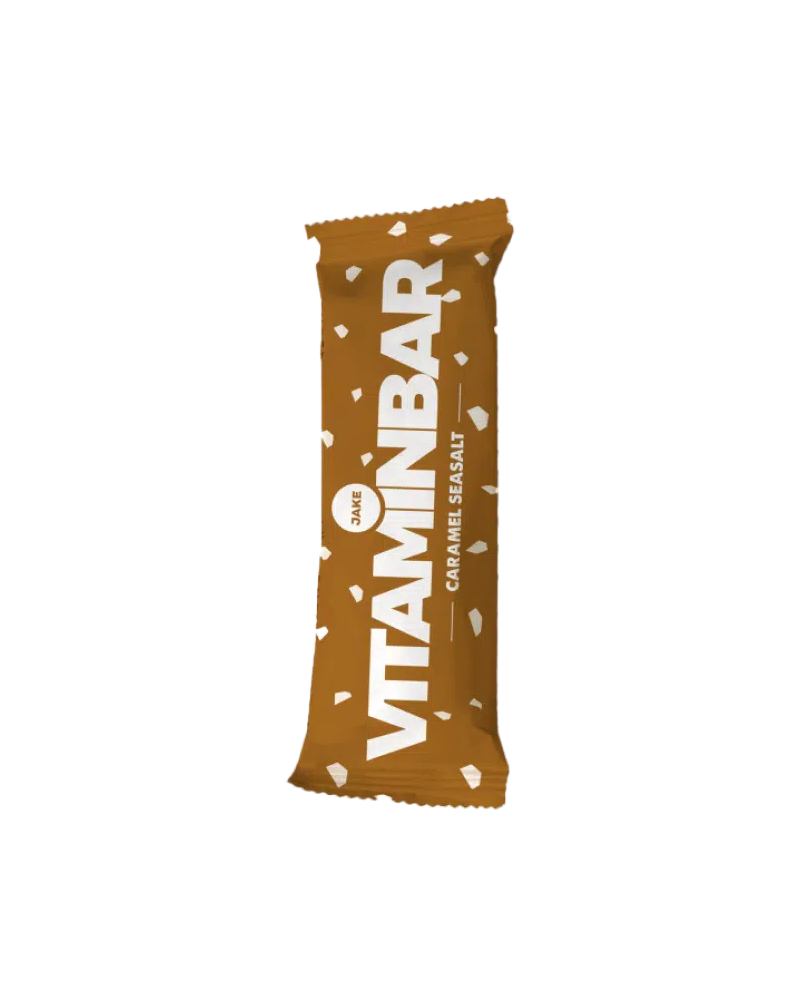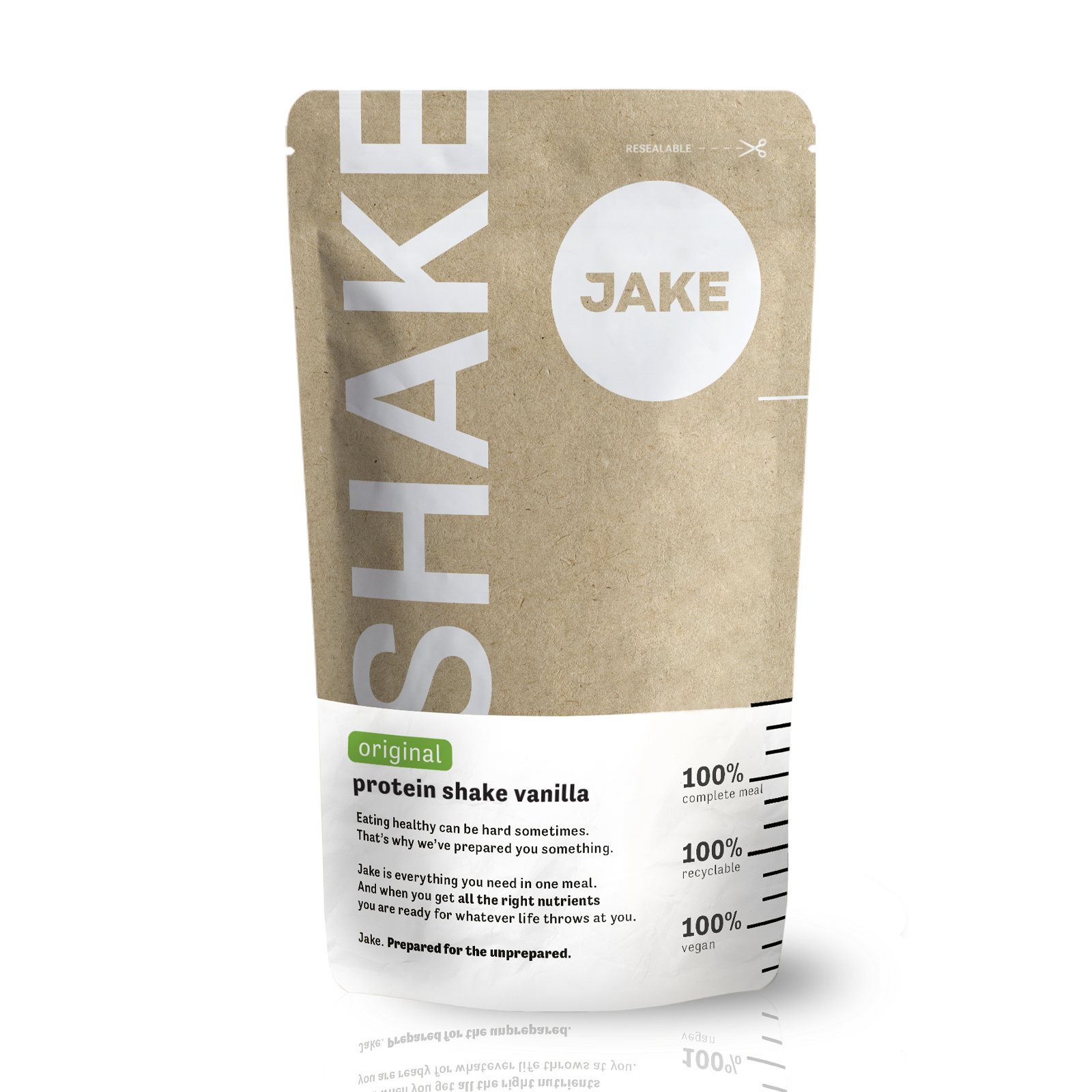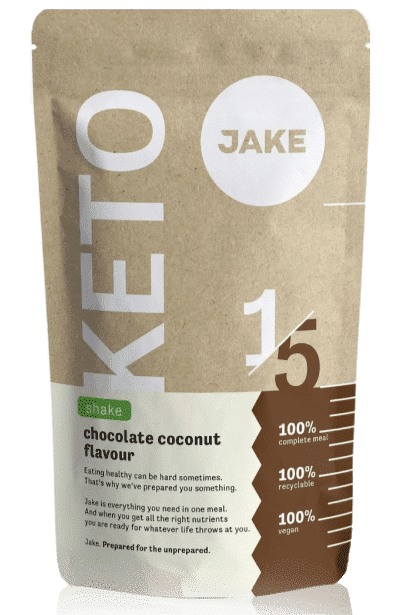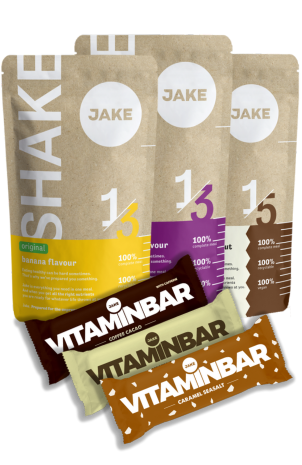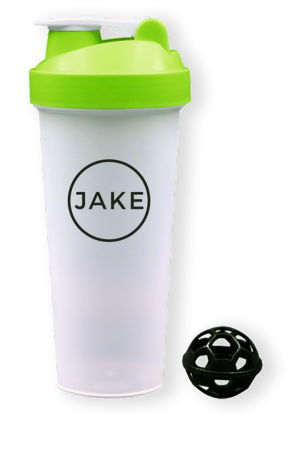We all know that drinking enough water is important. But did you know that your body stays hydrated in more ways than just through water? Hydration isn’t simply about filling up a water bottle and drinking it faithfully throughout the day. It’s about the bigger picture: your diet, your activity level, the climate you live in, and the balance of your body’s internal processes.
In this blog, you’ll read why hydration is about much more than just water and how to approach it!
You also get fluids from food
Roughly 20 to 30 percent of your daily fluid intake comes from food. Think of fruit, vegetables, yogurt or soup. They all contain water. A cucumber, for example, is made up of 96 percent water.
So if you feel like you haven’t been drinking enough but you’ve had a shake, a salad, and an orange, chances are you’re in better shape than you thought. (Still, the general rule is: better a little too much than too little.)
Electrolytes help keep your fluid balance steady
Water alone isn’t enough. Your body also needs minerals to hold onto fluids and distribute them effectively. These minerals are called electrolytes including sodium, potassium, magnesium, and calcium.
They help ensure that water reaches the right places in your body. When you sweat through exercise or heat, you lose not just water but these minerals too. Jake contains potassium and magnesium, which help keep your electrolyte levels in check without the need for sports drinks or tablets.
Coffee and alcohol actually dehydrate you
An occasional coffee or glass of wine is perfectly fine, but caffeine and alcohol can cause you to lose fluids more quickly. This makes your body more prone to dehydration, especially if you’re not eating or drinking enough alongside.
So hydration is also about compensating. If you’re having a glass of wine (or another alcoholic drink), try to have a glass of water alongside it. And if you’ve had several strong coffees, be sure to top up your fluids, minerals and energy afterwards.

Your body does the work, but it needs the building blocks
Your body regulates your fluid balance largely automatically. Your brain triggers thirst signals, your kidneys manage how much water you excrete, and your cells are constantly communicating about what they need. But this system only works if you give it the right inputs.
Food provides not just fluids, but also the nutrients needed to support these internal processes.
How do you know if you’re well hydrated?
A well-hydrated body is essential for optimal organ function, cognitive performance and physical endurance. Still, you won’t always notice right away when you’re not drinking enough. Your body may give subtle signs that something is off. Some of those include:
• Your urine is light yellow to clear in color. This means your kidneys have enough water to properly flush out waste.
• You feel energetic and mentally sharp. Even a minor loss of 1 to 2 percent of your body weight in fluids can reduce your focus and energy levels.
• You don’t have unexplained headaches or muscle cramps. These symptoms can arise from a disrupted electrolyte balance due to insufficient hydration. (Of course, always consider other causes as well.)
• Your skin and lips aren’t dry or flaky. If they are, it may be a sign that your body isn’t holding onto enough moisture to support cellular structure and mucous membranes.
Jake supports smart hydration
Every Shake from Jake provides almost 400 ml of fluid when prepared with water, as well as important electrolytes like potassium and magnesium. Alongside that, you’re getting carbohydrates, protein and vitamins that help support your energy and metabolism.
That means you’re hydrating in a way that fits an active or busy lifestyle, where a shake can offer practical support.
So next time you feel thirsty, don’t just think water. Think about your food, your minerals and what your body might be asking for. It does a lot for you. Give it something back.
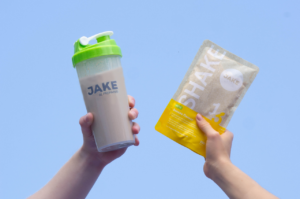
European Food Safety Authority (EFSA). (2010). Scientific Opinion on Dietary Reference Values for water. EFSA Journal, 8(3), 1459.
https://www.efsa.europa.eu/en/efsajournal/pub/1459
Harvard T.H. Chan School of Public Health. The Nutrition Source – Electrolytes.
https://www.hsph.harvard.edu/nutritionsource/electrolytes/
Riebl, S. K., & Davy, B. M. (2013). The impact of dehydration on cognitive performance. Journal of the American College of Nutrition, 32(6), 355–367.
https://pubmed.ncbi.nlm.nih.gov/22855911/
Mayo Clinic. Dehydration: Symptoms & Causes.
https://www.mayoclinic.org/diseases-conditions/dehydration/symptoms-causes/syc-20354086
Institute of Medicine (US). (2005). Dietary Reference Intakes for Water, Potassium, Sodium, Chloride, and Sulfate.
https://www.ncbi.nlm.nih.gov/books/NBK56068/
